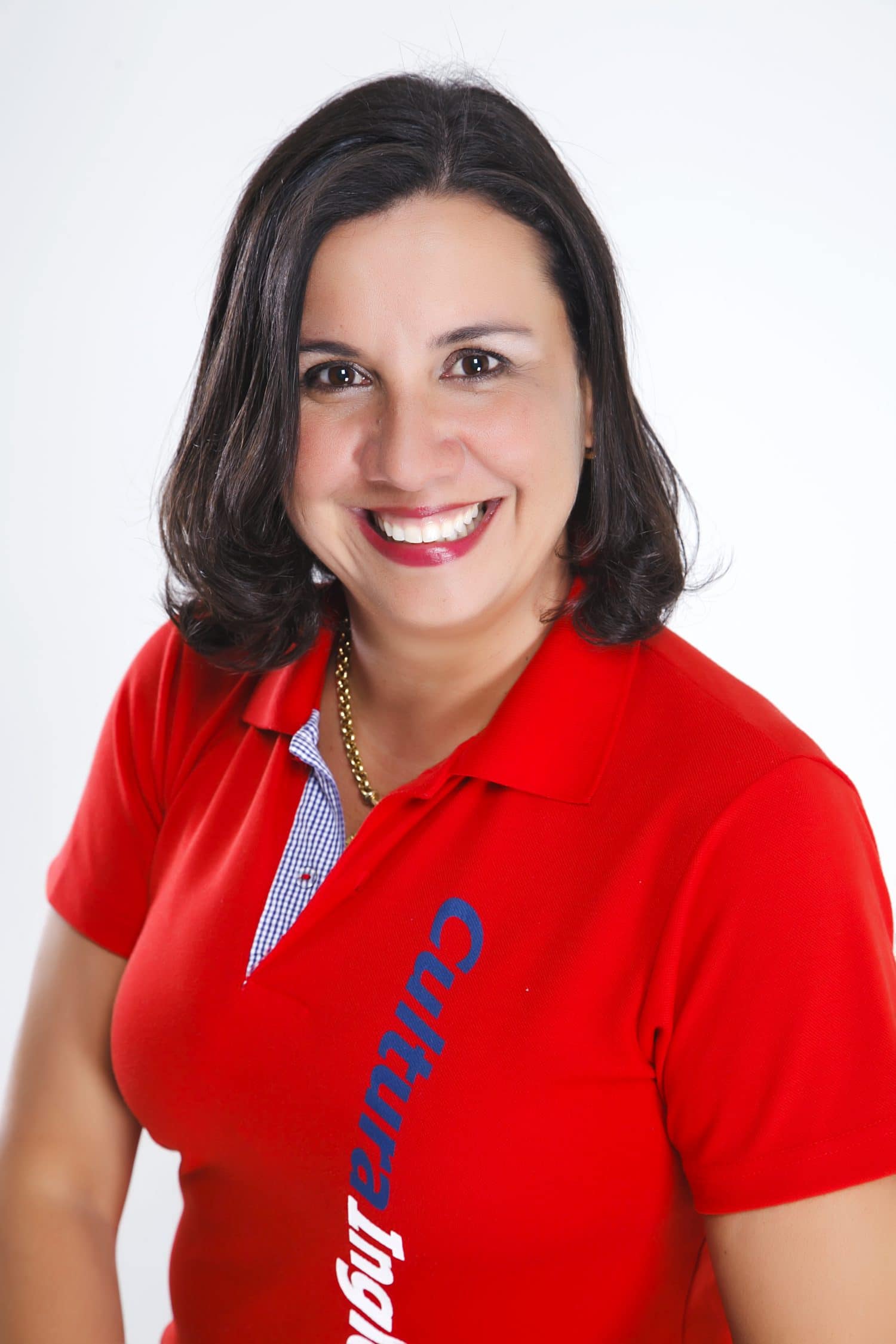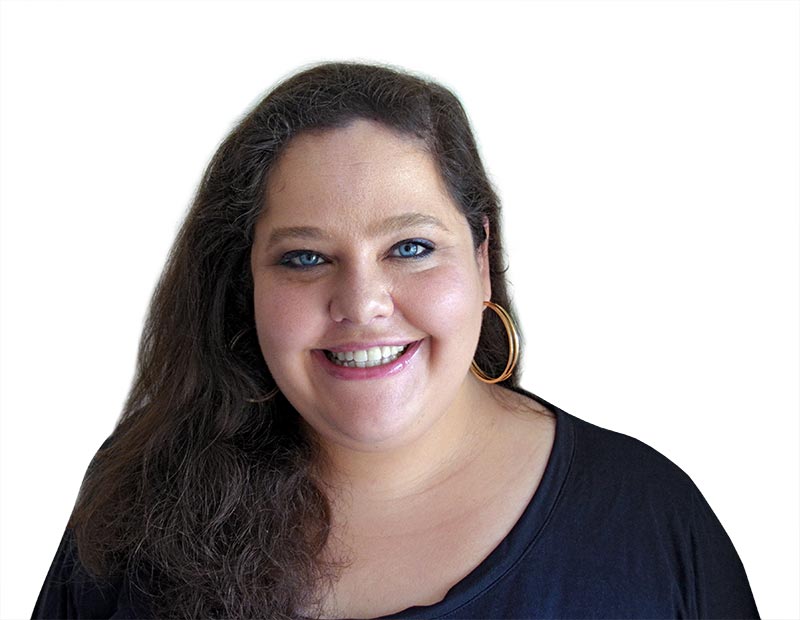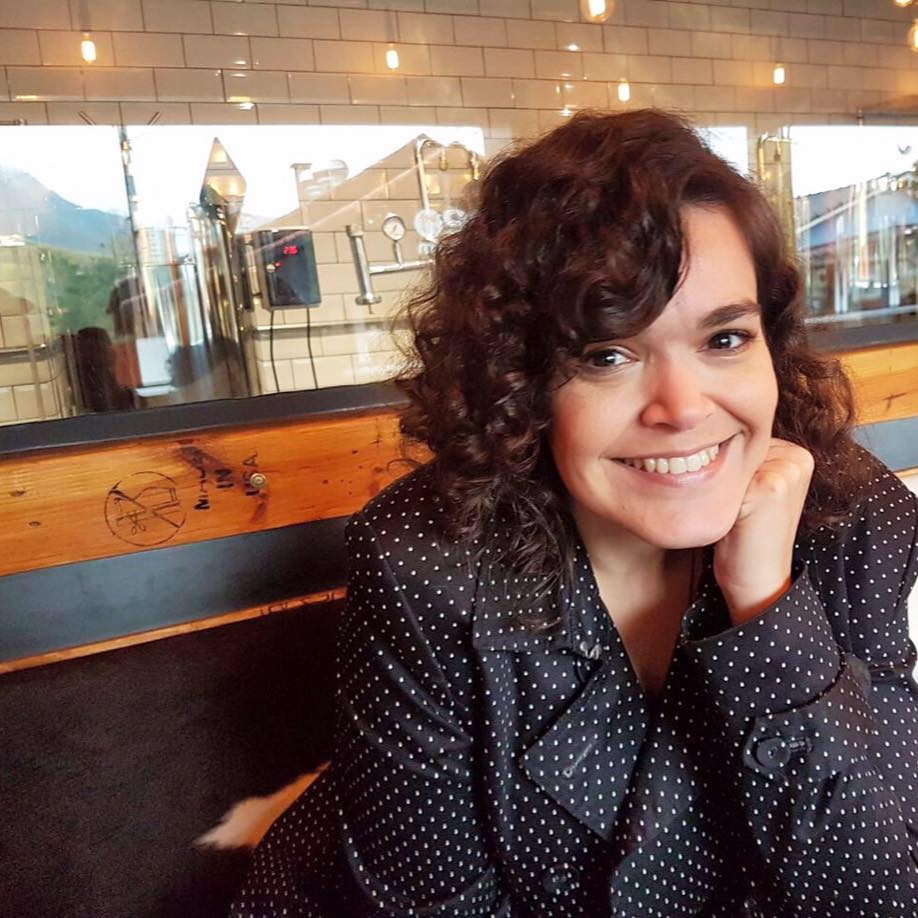Assessment for young learners – Final View!
Well, I have been discussing assessment for sometime now, discussing from Young Learners characteristics, general assessment types to specific ones that cater for young learners.
Now, it’s important to understand how all the information presented can be put together within the framework of children’s course.
In my reality, young learners’ lessons are very dynamic and communicative, most of the times with teachers meeting the children at the reception area and still outside the class, checking the weather with them and then going into the class where they normally start by setting the calendar and the agenda. This is very important as a routine, for children at this age feel secure, lowering anxiety levels as discussed by several authors such as Cameron (2001), Shin and Crandall(2014), Pinter (2011) and Roth (1994).
One of the most striking feature is how concreteness, but with a bit of fantasy, is still very needed and how dynamic they are at this age and so, providing activities and tasks that promote a lot of real and fun interaction as well as repetition is imperative.
Class activities include singing, colouring, using the interactive whiteboard and a lot of activities that use TPR – Total Physical Response. Chants and songs for them to use their body are to be widely used as well as a lot of short dialogues to be performed with different pairs over and over until they have spoken to all colleagues. They are normally willing to participate and also not afraid to speak out.
Listening exercises are done very often as stories, dialogues, or game-like situations demanding a response that can be physical – TPR, or asking them to colour, or to point or choose an item. Sometimes, they repeat, act-out or shadow-read what they listen. Most of the tasks are presented and performed as they were games to be played, and students mingle and interact throughout the class in various patterns.
Children normally enjoy taking part in activities and producing language. They seem to like listening and repeating and soon are singing the songs or producing parts of the language of a story. So having learners rehearsing their coursebook dialogues and retelling stories are activities they do in their lessons.
Activities do not last long in the lessons, they are always shifted to a different one to try and maintain students’ interest and also students need ‘support and scaffolding by the teacher’ as preached by Shin and Crandall (2014:34). By scaffolding, Cameron (2001:8) means using effective techniques such as making children interested in the task, which can be by simplifying it or breaking it into smaller steps, keeping them on track by reminding the child of what the goal was and very importantly, controlling the child’s frustration during the task and demonstrating an idealised version of the task.
No formal tests are given at these levels. Teachers are recommended to observe students’ performance and progress related to aims of the lesson. They might select and keep examples of the activities to build portfolios for the students.
Brewster, Ellis & Girard (2002:244) talk about assessment in primary level as an attempt to analyse the ‘learning that a child has achieved over a period of time as a result of the classroom teaching/learning situation’. They mention the inclusion of a teacher’s subjective opinion of the achievement of a child in terms of attitudes, participation and cognitive development.
When discussing this age group, there is a discouragement to use formal pen-to-paper testing, as it would be dissociated from the actual seen characteristics of these young learners. Shin and Crandall (2014:247) confirm that as ‘teachers we assess our learners informally more often than we might think’ and being this assessment informal and unconscious, sometimes, records might not be taken, just a mental image of that student’s typical performance remains in the teachers’ mind. A skilled teacher continuously assesses his/her learners too, interpreting his/her behaviours, performances, attitudes and making the decisions in the light of that, as posed by Cameron (2001:220).
McKay(2006:1401-75) talks about classroom assessment of language use, which would just be the perfect setting for the school reality: formative, assessment for learning, performance assessment, in an ongoing collection of evidence, likely to have scaffolding and teaching during the assessment and even some feedback, but as she points out, classroom assessment is ‘dependent on record-keeping because there is so much that is observed during the course of teaching and assessment activities. Records need to keep track of the process and the products of learning’.
Roth(1998:20) suggests actually keeping a record of learners’ work even if not a school requirement, and up to this year, what one could notice was that to make formative assessment decisions in the classroom what was present was teachers’ internalised set of understanding about what kind of performance they should expect to see in their learners, as discussed by McKay (2006:265). This can be confirmed with the results of the questionnaire in the research in chapter 7.
Assessment is not a self contained tool simply to define a grade, although it seems to be mostly used like that in the school, if used ‘appropriately’ it gives the information needed about the students, their knowledge, skills, abilities in general, as expressed by Bailey and Curtis (2015:3-5). It is a powerful tool that enables the teacher and the student to make more of the learning process.
Speaking to young learners’ teachers, they have all agreed that this age group should be assessed. They agree, with no doubt that assessment must be clear to those involved, that it must assess what it is aimed at, so reliability and validity are strong and wanted characteristics. They were also unanimous in agreeing with assessment reflecting what happened in class, and that alternative assessment, rather than formal testing could be more applicable to this age group. Teachers also demonstrated no doubt about having assessment that would enable learners to demonstrate positive achievements and strengths, what learners could actually do. They were also all aware of accountability in terms of believing parents should be kept informed of their children’s development along the academic term. Another feature that was agreed by all was the use of formative assessment more prominently than summative one for these young learners.
Other statements demonstrated teachers variation in opinions. When asked about features that would represent goals in assessment, for example attitude, content, learning-to-learn – there was no strong current, just a clear demonstration of different opinions. The same happened when asked about accuracy versus fluency, answers were balanced, from agreeing to disagreeing with the statement, as well as about relevance of product and process.
No teacher disagreed with the statement about the need for criteria for assessment, which showed that having scales or assessment criteria would be really helpful for them as well as a discussed way to keep the records of their performances and achievements.
Richards and Lockhart (1994:88-89) when talking about about teachers reflecting upon their own teaching, they mention teachers as decision makers, but this could be applied to this scenario too as the three perspectives are ‘planning’, ‘interactive’ and ‘evaluative’ decisions which are all interconnected – the same for the creation of such assessment procedure that would demand a lot of teachers’ reflection upon it as well.
So, understanding children’s development, the course you are teaching in compliance with such development, defining what is going to be assessed, how and then producing tools are steps which might be difficult to take, but really necessary if you want to provide a young learners’ course which is highly effective and accountable for. Assess what you teach and close to the way you teach, close to reality and follow criteria for that so you do not allow your subjective alone to assess your students.
Kids are the future and their learning depends very much on us making their experience enjoyable and successful!
Enjoy your end of year and rest during the holidays to start 2018 full of energy to be able to deal with your students the best possible way!




